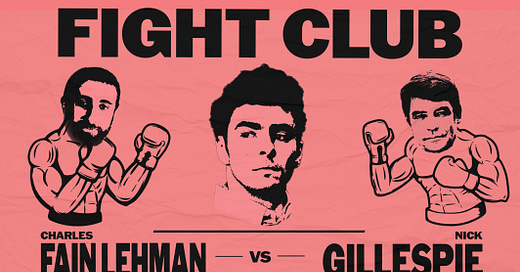
Luigi Mangione, 26, is facing the death penalty for allegedly killing UnitedHealthcare CEO Brian Thompson on a Manhattan street last December. Since the Department of Justice’s announcement that it would seek capital punishment in the case, Mangione’s fans have flooded his legal defense fund with donations, with one declaring they are “absolutely appalled and disgusted” by the decision. Many see him as a righteous folk hero whose act was a protest against a corrupt healthcare system.
The decision to seek the death penalty for Mangione has also reignited the debate over capital punishment across the U.S. Prosecutors say the killing was a calculated, ideologically motivated execution, for which the culprit should pay the ultimate price. But Mangione’s defense attorney, Karen Friedman Agnifilo, has accused them of hypocrisy, saying in a statement: “While claiming to protect against murder, the federal government moves to commit the premeditated, state-sponsored murder of Luigi.”
With Mangione’s next federal hearing set for tomorrow, we made this the subject of our latest Free Press Fight Club, asking two writers: Should the state have the power to kill—especially for a crime of this nature? Or does Mangione deserve a less brutal fate, if he is convicted?
Charles Fain Lehman, fellow at the Manhattan Institute and senior editor of City Journal, believes Mangione’s crime is the very reason the death penalty exists: to draw a hard moral line against political violence in a democratic society. Nick Gillespie, editor at large at Reason magazine and host of The Reason Interview with Nick Gillespie, disagrees. He says the government has no business taking a life—no matter what.
First up, Charles Fain Lehman:
With Luigi Mangione, the moral facts are clear. A political murder, meant to reshape our society through violence, can never be tolerated in a democracy. Capital punishment is the proportional response.



